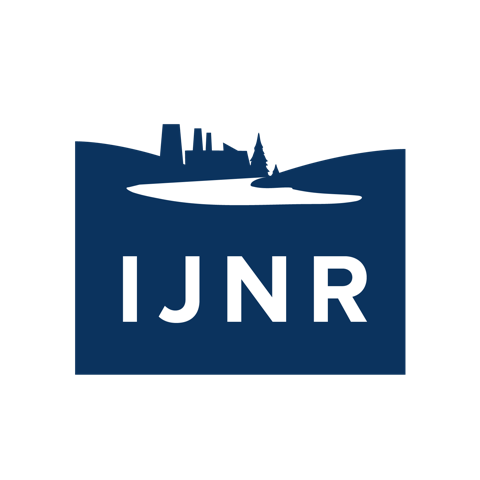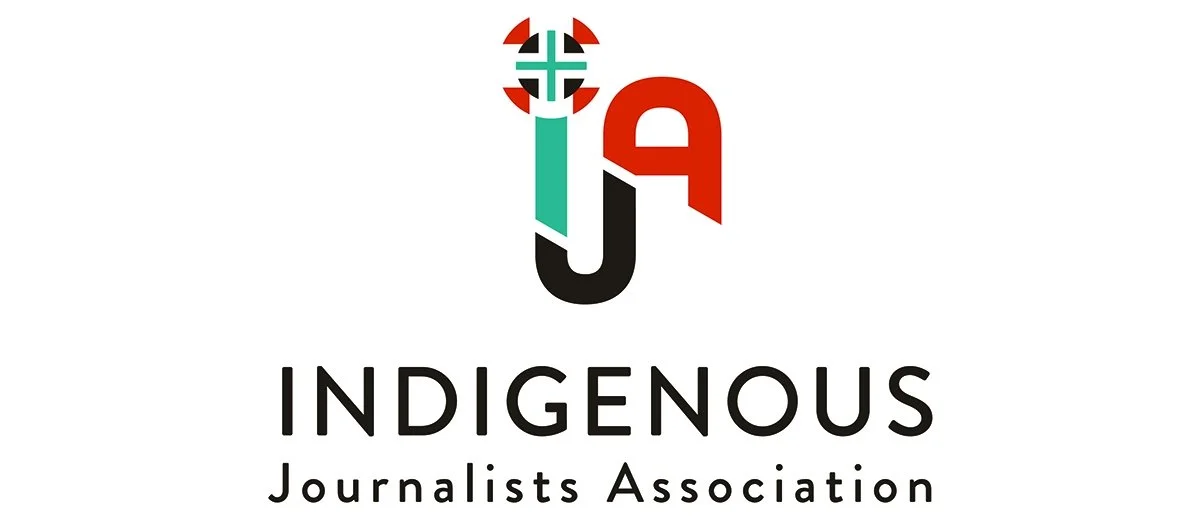Our Culture
As an organization dedicated to supporting better journalism, a diversity of perspectives — racial, ethnic, economic, geographic, gender and cultural — is imperative to our mission.
Here at IJNR, we have always believed strongly in using our platform and programs to help shed light on stories that too often go untold. We understand that long-standing systems of oppression and marginalization have created social, economic — and environmental — realities that have inequitable impacts. We know that as an organization, our work in this sphere must be twofold: First, to make certain that underrepresented voices and stories are centered in our programming, including both topic and speaker selection. And second, to ensure journalists of color have full access to and support within all of IJNR's grants and programs.
We are proud of the work we’ve been doing; we know we will always have more work to do. We will steadfastly pursue equity in all of our programming, and we commit to listening, learning, and accepting feedback with gratitude and an eye toward growth.
While we are committed to including the above in all our programming, several of our workshops and training sessions have been focused specifically on race and the environment. Please find links to some of those virtual resources here.
Resources:
Climate Justice + Environmental Racism Workshop (November 2022)
Day One
Session 2 - Heat Check: Communities Work to Protect Public Health Under Hot Conditions - and an Even Hotter Future
Session 3 - Eroding History: Thanks to Rural Redlining, Sea Level Rise Threatens the Heritage of Coastal Communities
Day Two
Session 1 - Tapped Out: How Heavy Rains and Historic Racism Threaten Critical Infrastructure
Session 2 - On the Frontlines of the U.S. Food System: Ag Workers Face Growing Climate Threats
Environmental Racism + Indigenous Communities Workshop (November 2021)
Day One
Session 1 - Who Tells Your Story? Environmental Racism and Problematic Media Coverage of Indian Country (Recording not available)
Session 2 - Riot or Resistance? An Evaluation of Media Coverage of Protests
Session 3 - Guidelines for Reporting in (and About) Native Communities
Day Two
Session 1 - Ways of Knowing: Western Science, Traditional Knowledge and Resource Management
Session 2 - Treaty Rights and Tribal Sovereignty: A Crash Course in Federal Indian Law
Session 3 - From Oil Pipelines to Lithium Mines, Tribes Protest Energy Extraction on Indigenous Lands
Environmental Racism Workshop for Reporters (July 2020)
Day One
Session 1 - Fenced In: How Policy and Planning Created Environmental Injustices in the U.S. - A Case Study of Houston
Session 3 - Citizens Say Houston's Climate Action Plan Leaves a Lot to Be Desired
Session 4 - Turbulent Times: How Public Health Issues Disproportionately Impact Black and Latino Neighborhoods
Day Two
Session 1 - Words (and Pictures) Matter: Turning a Critical Eye on Media Coverage of Environmental Injustices
Session 3 - Respect and Report: Covering Marginalized Communities
Environmental Racism Workshop for Editors (February 2021)
Session 1 - Speaking Truth to Power: Thoughts on Media Coverage of Black, Brown and Indigenous Communities
Session 2 - Words Matter: How Media Framing Disenfranchises Underrepresented Communities
Session 3 - Getting the Lead Out: An Examination of the Causes and Coverage of the Flint Water Crisis
Session 4 - The Truth in Black and White: The Story Behind the Kansas City Star's Unprecedented Apology
We’re proud to be a partner of the Indigenous Journalists Association. If you’re in search of additional resources, we strongly suggest you check out their website, especially their "Reporting in Indian Country" bingo card.
Another valuable resource is Reporting in Indigenous Communities, an online educational guide to assist journalists who cover Indigenous stories.

